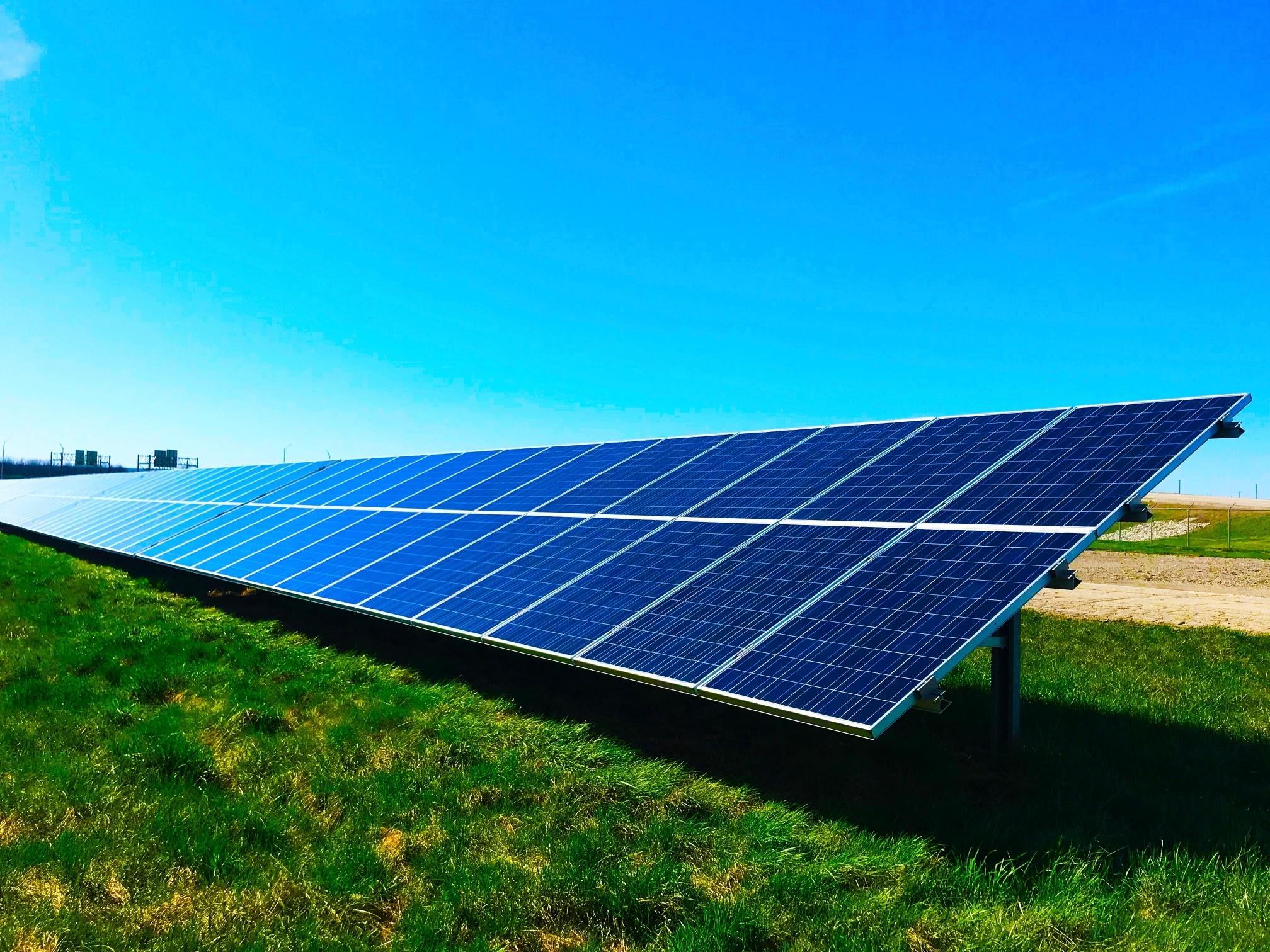Solar power is often associated with residential and commercial buildings, but solar energy in educational institutions is growing in popularity around the world as schools want to cut their electricity bills, be green, and be as energy-independent as possible.
That brings us to the important question: is solar energy good for schools?
Here, we examine the key benefits of using solar energy in your schools.
Unlimited, Clean, Free Energy
Solar systems for schools is a great idea, as it saves many of the costs associated with powering the institution. Your educational institution can generate your electricity. independent of the grid. It is also worth noting that the energy generated from solar panels is 100% clean and renewable. Schools and universities can also use batteries to get the solar system running even on cloudy days and at night, which makes the system very reliable.
Solar energy could boost enrollment
Solar energy is modern and attractive to environmentally conscious students, teachers, and supporters. Therefore, a college or university that installs a solar panel system could easily see an increase in enrollment. This is especially true in competitive areas where solar panels on a building could be the factor that differentiates a university from its competitors in the eyes of potential students. When modern students choose a school, many of them look for options that have green practices, renewable energy, and green facilities, which is why some colleges and universities have even set up sustainability offices to promote the sustainability institution.
STEM learning opportunities
In today’s knowledge-based economy, the importance of strong science, technology, engineering, and math (STEM) education cannot be underestimated. Schools that install a photovoltaic system can provide practical learning opportunities for students. Studies consistently show that students exposed to hands-on, interactive projects are more interested in science, engineering, and technology. It is therefore not surprising that students who study in a practical way also improve their test scores and their performance in these subjects.
Create goodwill with the community
Whether it is a creche or a university, schools serve as a local beacon for learning and education. A photovoltaic solar system reduces the school’s carbon footprint. This decline in significant air pollutants shows local residents that the school is doing everything in its power to improve the community. Children who live in areas with high levels of air pollution are at a much greater risk of asthma. Solar power not only underlines the sustainability efforts of an educational institution but can also provide the impetus for local residents. This goes a long way in creating goodwill with the local community.
Solar Energy Works Well on Flat Roofs
Most colleges are built with flat roofs rather than pitched roofs, which makes them ideal for easy installation of solar panels. Students who want to install their own solar panels on flat roofs (attention: they have to be “their own solar panels”) can find out how to do this directly from the university authorities. You can apply some of this knowledge to pitched roofs, knowing that pitched roofs must be south-facing and shaded to get adequate sunlight.
Conclusion
Now that you know the benefits of solar systems for schools, you need to ask yourself how to economically implement them, given the size of buildings and the amount of energy required to run them. Contact us for a free consultation and let our experts advise you on how you can supply your facility with solar energy.
Click here to learn more about how Kartel Energy helps provide the best solar energy solutions in Nigeria.


[…] Conserving energy in your home is an intentional effort to reduce waste and preserve valuable resources. While installing solar panels can be a significant step towards energy conservation, it’s important to understand that true conservation goes beyond just adopting renewable energy solutions. […]